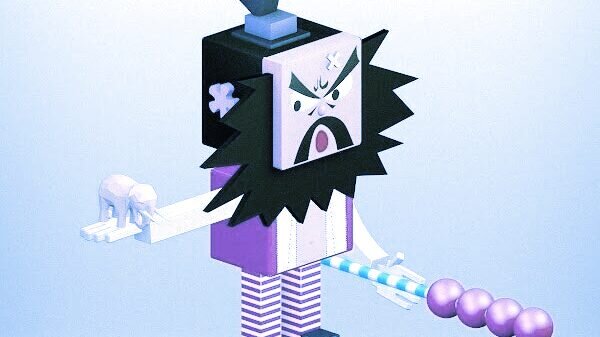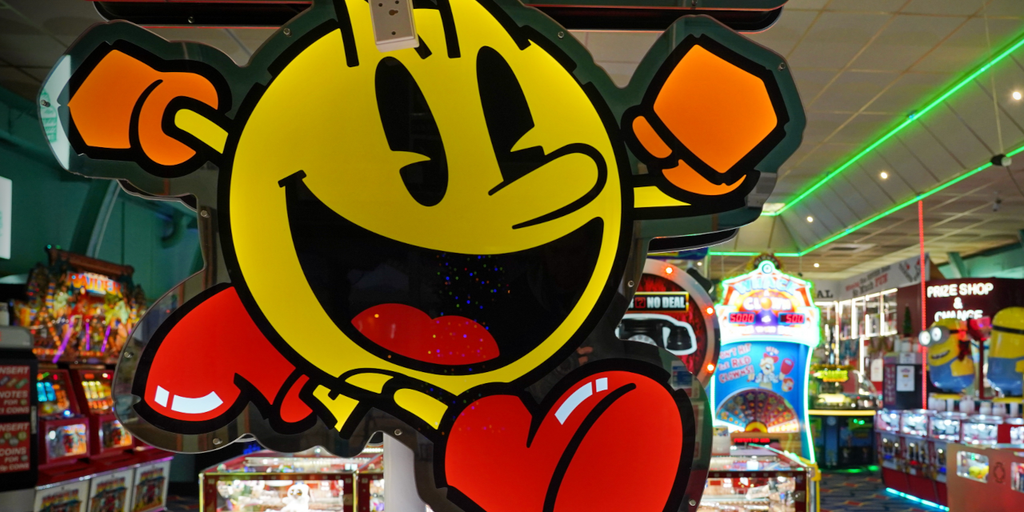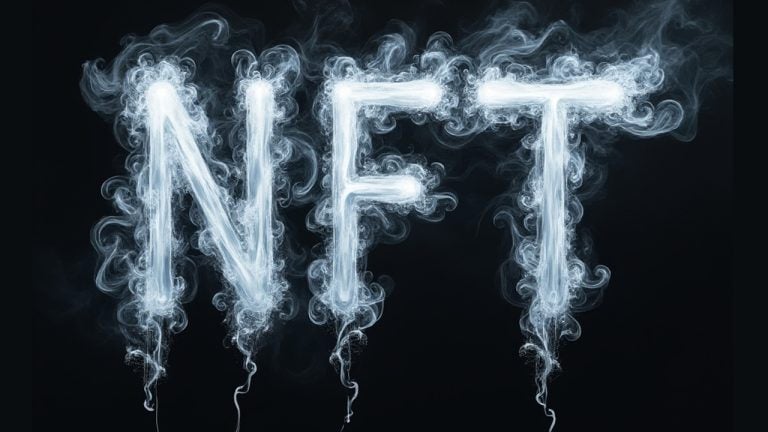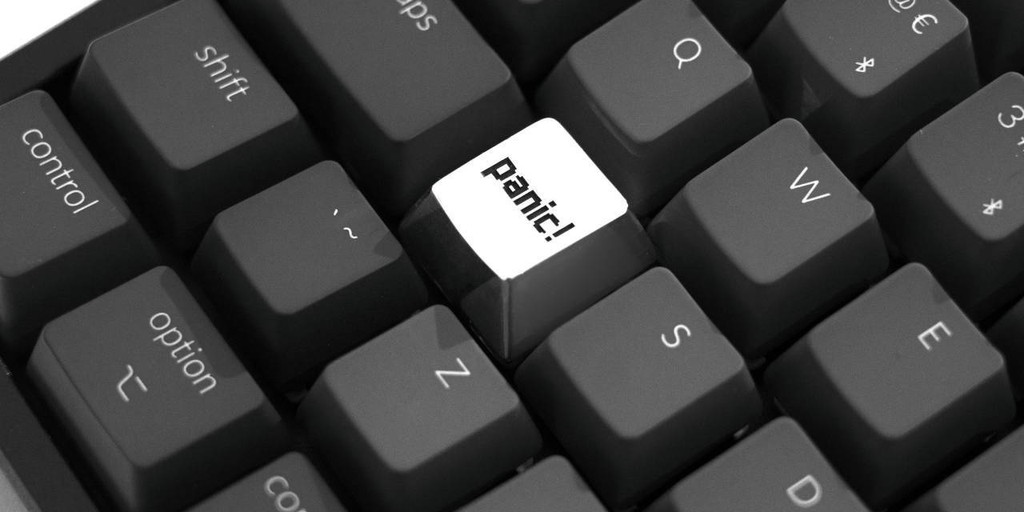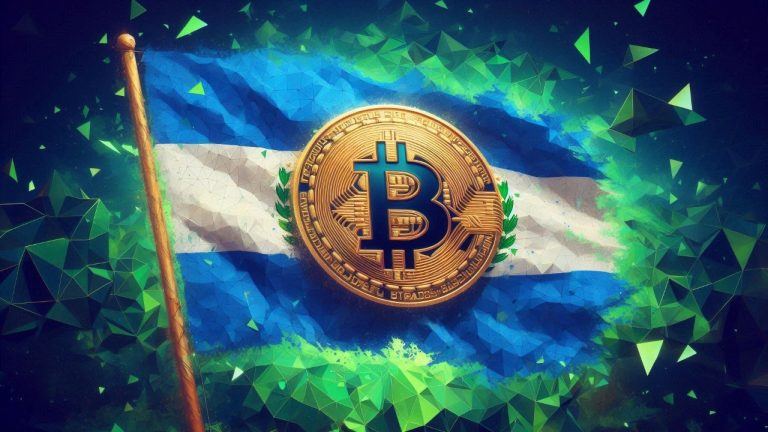In July, I formed a thesis that crypto is going through de-Chinalization, a period in which China’s anti-crypto regulation would force miners and centralized exchanges to go on exile, while the rest of the projects go underground.
That did play out, as we've see almost all miners leaving China and chasing electricity all over the world.
But little did I foresee the staying power of the NFT.
All of a sudden, my crypto WeChat was full of Punk fanboys, Ape guardians, and Loot revolutionaries. So let’s decrypt the China NFT scene a little, and let's start by distinguishing between the two types of NFTs we're seeing in China.
Web 2.0 NFTs are the JPEGs created by Chinese internet giants, such as Alibaba and Tencent. These JPEGs are:
relatively cheap have no real crypto element (exchanged in RMB and live on a centralized ledger) not tradable on secondary market have distinct Chinese cultural elements (e.g. slangs, internet phenomena) Kungfu Hero NFT contains many Chinese cultural elements.Web 3.0 NFTs are similar to the crypto NFTs most people are familiar with these days, but there are some differences. Chinese Web 3.0 NFTs:
contain Chinese cultural elements. Example collections: Rivermen and Kungfu Hero. (Rivermen is derived from the longest painting in China, "Along the River During the Qingming Festival," considered a national treasure.) multi-chained, as many of them are launched on Binance Smart Chain gamified: pioneered by Pop Mart’s "blind boxes," many NFTs are not selling JPEGs but selling a surprise experience—you don't know what you'll getHere are two compelling NFT communities in China:
Club721
Club721 is the newest NFT club on the block, a community of NFT collectors who share the latest news, analysis and drops on NFTs (and of course, a DAO is coming). From a founding group of seven people, the community has expanded to more than 7,000 community members. Its success was inevitable in hindsight, given the stage of the NFT cycle we're in and its wealth creation. Everyone wants to know about the newest drop so they can buy and get a 10x exit.
And Club721 came at the right time, when there’s a lot of information fragmentation and asymmetry for Chinese audiences who want to ape into the newest collection. It feels like a bit to me like the early DeFi summer days where communities are forming rapidly around thought leaders who aggregate global information.
Going forward, Club721 aims to evolve into a gated NFT community similar to Friends With Benefits or PleasrDAO, meaning that only members who hold community tokens or NFTs have the right to participate.
MAODAO
MAODAO is undisputedly the biggest space for NFT contributors, advocates, and thought leaders in China. Its RPC (Ready Player Cat) series and sheer dedication to the play-to-earn space distinguishes MAODAO from other JPEG speculator groups.
Compared to many NFT studios that drop JPEGs and leave, MAODAO continues to build gaming and financial instruments; the metaverse is its end-game. And what impresses me most about MAODAO is how active it is in promoting Chinese culture through NFTs (such as this Mooncake drop I received):
Mooncake NFT #1027. similar to Loot’s style, this text-only NFT is a description of a mooncake.What’s next for NFTs in China?
The web 2.0 NFTs will continue to evolve in a compliant way. Chinese internet giants will build their own NFTs, not on Ethereum, but corporate networks like Ant Group's AntChain. Their NFTs will be endorsed by local celebrities and will likely gain wider adoption.
Meanwhile, Chinese gaming giants will rapidly incorporate NFTs in their existing gaming empires and build out a metaverse, perhaps bigger than the one Facebook is promising.
However. Just like the internet, China’s metaverse will be sanctioned and gated by the Great Wall. And that will turn off crypto purists.
The web 3.0 NFTs will face challenges. They're more closely tied to the crypto ecosystem and they touch coins that make the government anxious. At the moment, there’s no clear regulation against NFTs, perhaps due to their nascency. But since people need crypto to purchase most NFTs, if the government continues to crack down on crypto onramps, web 3.0 NFTs will face barriers.
Perhaps a more concerning effect if China extends its crackdown to NFTs would not be consumer participation, but artist participation. After all, NFTs are a cultural phenomenon propelled largely by art tastes, especially the tastes of the influencers. That's why we need more communities like Crypto Art Panda to cultivate and nurture domestic artists and creators. Without them, China will only be a consumer in this revolution, never a creator.


